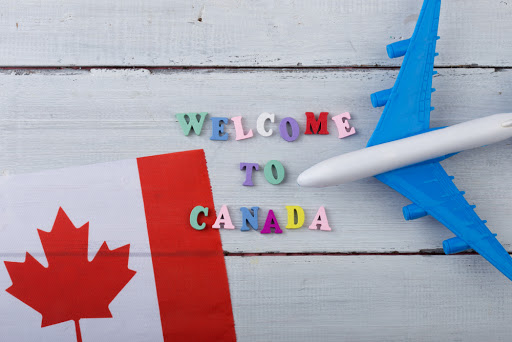Business Visitor

Business Visitor
Canada sees great value on the economic benefits of immigration and understands that economic success requires international mobility. In order to make it easier for international businesses to conduct activities, exchange knowledge, and contribute to the Canadian economy, IRCC have created several exemptions for business visitors. A business visitor is someone who visits Canada without entering the Canadian labor market. In other words, the primary source of their income remains abroad, and so does their primary place of employment. An example of such an individual would be an employer of a multinational company who is visiting their company’s office in Canada to conduct or receive training. This category would also apply to foreign consultants, academic researchers on short-term study exchanges, and contractors who possess unique technical skills and are in Canada to provide a service.

While there are many nuances and exceptions as to who qualifies as a business visitor to Canada, the general principle is that they are in Canada for a very short period of time, and their business and income come from abroad. You can find out more about business visitor visa Canada requirements by looking at the IRCC website. The business visitor category requires that you plan to stay in Canada for a very short period of time – as little as 15 to 30 days within the year. It also requires that you work in a high-skilled occupation that requires university education. Alternatively, you can hold a managerial role. If you are not sure if you work in a skilled occupation, find your job in the National Occupational Classification (NOC) system. Your job has to be skill level 0 or A in order for it to be considered skilled. The requirements are slightly different for academic researchers who can stay in Canada up to 120 days within a 12-month period, they have to play a key role in the project, and there are limitations as to what kind of institutions they can be affiliated with.

The business visa to Canada exemption also applies for nannies/caregivers who are accompanying their employer while the latter are travelling to Canada. However, it is important to note that if the employer extends their stay beyond 6 moths, the personal employee will need to obtain proper authorization to remain in Canada. While it is your responsibility to ensure you have proper authorization to work in Canada, you should report if you are being exploited or taken advantage of. Contact a free legal clinic or a registered immigration consultant if you are working without proper authorization. Once you figure out whether you qualify as a business visitor, it’s time to decide what documentation you need while entering Canada as a business visitor. The first step is to find out if you are from a visa-exempt or visa-required country by checking the Government website.
Depending on your nationality, you will either need to apply for a Visitor Visa or an Electronic Travel Authorization. It is very important that you travel with appropriate supporting documents. In most cases you will need to provide a letter from your company abroad as well as a business visitor invitation letter from the Canadian company. In general, the more proof you can show to the Border Officer, the easier it would be for them to determine that you are a genuine business visitor and in the end of your stay you will definitely come back to your native country. Remember that you still have to show that you have enough money to support yourself in Canada, and you need to be admissible to Canada, which means being in good health and no criminal history. If you are not sure if you qualify as a business visitor and what documentation you need to provide to enter Canada – contact our team or Registered Immigration Consultants for assistance with your applications.
Regards,
International Experience Club

